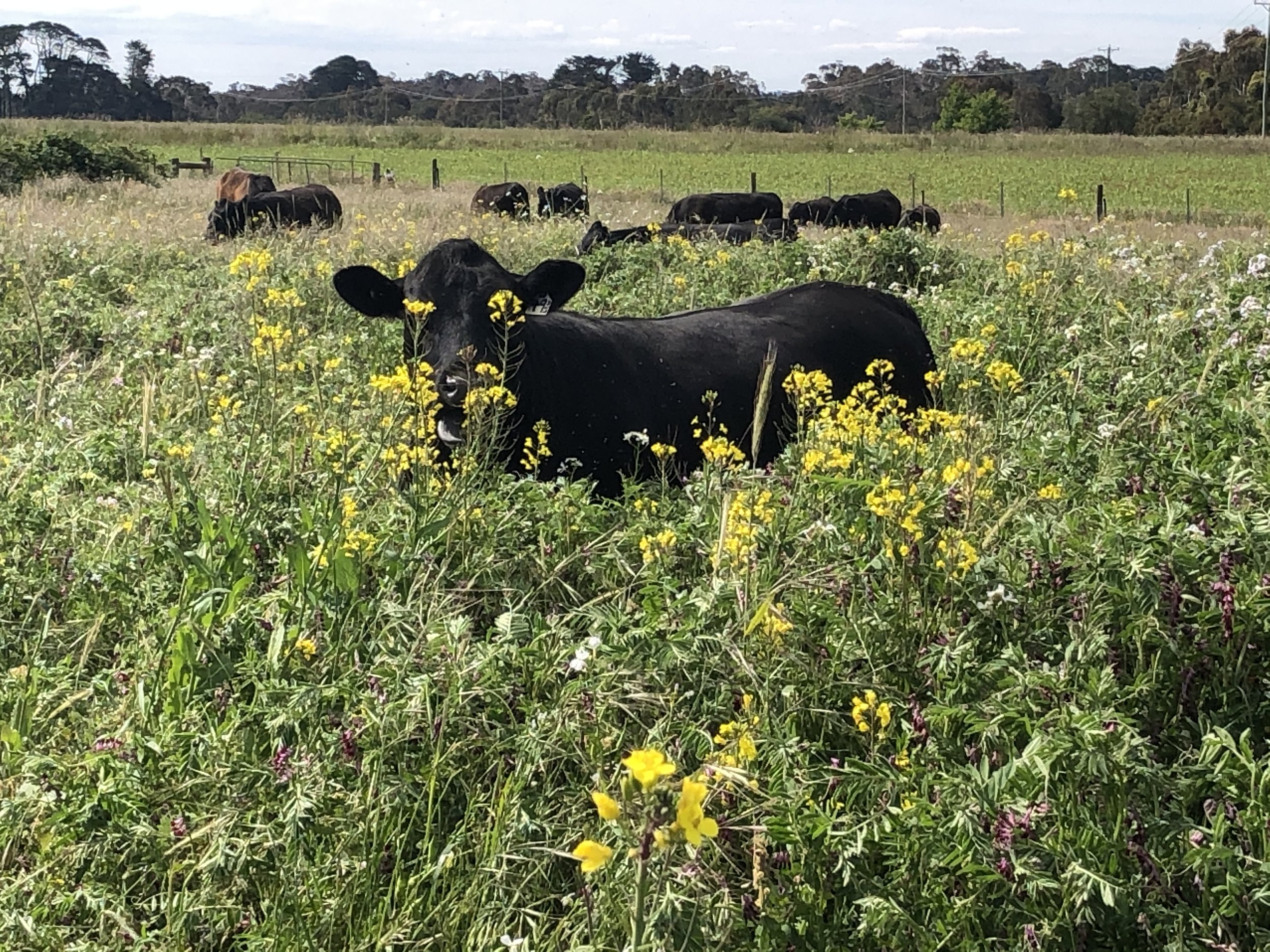The link between our diet and our physical and mental health is unquestioned.
You can't achieve your optimal health without proper nutrition.
Do you find it a challenge to get the goodness you need to remain at your peak both physically and mentally?
Are you wondering where can you find produce that will fuel your next challenge and adventure in life?
You have found it. :)
And since I love to support you in both, I wanted to give you a few facts to increase your confidence in your decision to choose Regeneratively Farmed produce.
Why is there a problem?
What's holding you back from getting the nutrition you need from your diet?
You may be aware that over the last 50+ years, industrial farming methods have compromised the nutrient density of our food.
Studies have shown that the average crop grown today contain reduced levels of nutrients such as calcium, iron and vitamin C, and less protein, compared to historic levels.
The pursuit of maximum yield has ensured that farmers are paid for the mass of crops above all else and, consequently, the existing nutrients in soil are stretched across too many crops.
The use of chemicals in farming has also aided in the breakdown of soil biology and soil health.
Livestock feed on the nutritionally “diluted” crops grown in these pastures, so the nutritional quality of both the plants and the meat has been compromised.
What is the answer?
We start from the ground up.
Regenerative farming practices conserve and rebuild nutrient stores in the soil, which then filter into food crops and then to the animals that feed on them.
Results show that the crops from farms following soil friendly practices for at least five years had a healthier nutritional profile than the same crops grown on neighbouring conventional farms.
Tracking eight pairs of regenerative and conventional farms across the US over five years, a study found that crops from regenerative farms had 34% more vitamin K, and 15% more vitamin E, B1 and B2, than conventional farms.
The regeneratively grown crops also had 11% more calcium, 16% more phosphorus and 27% more copper. These nutrients are central to a healthy human diet.
The higher levels of phytochemical compounds found in this produce has also been shown to reduce inflammation and boost human health.
Beef grown on regenerative farmed land was higher in, among other things, omega 3 fatty acid and a better omega 6 to omega 3 ratio then meat from conventional feedlots
Interestingly, regeneration farmed produce was also lower in sodium, cadmium and nickel compared with their conventional growing neighbours; elements common to be detrimental to human health
Why is there such a difference?
The key lies in the biology of the soil; the microbes and fungi that are part of the soil ecosystem.
These organisms directly and indirectly help boost beneficial compounds in crops, and in turn the animals that feed on them.
The health and biology of the soil was a critical part that got overlooked in the move toward chemical intensive farming.
Regenerative farming practices don't use these soil destroying chemicals and seeks to conserve and rebuild nutrient stores in the soil. This in turn filters into food crops and animals.
Regenerative farming uses principles that optimise soil building techniques, it minimises ploughing, uses cover crops and plant diversity, all of which has a positive affect on the nutritional content of food.
So if you desire to choose food that helps you reach your goals and optimise your health, you cant go past farms that prioritise soil health.
Choose foods grown on Regenerative Farms.
You can shop for this wonderful produce right here...
CLICK HERE
Your body and mind will thank you for choosing Regenerative Farmed produce.
It's a privilege to help you be the best you can be,
Farmer Steph
Thanks to: Study reveals nutritional benefits of regenerative agriculture crops, Study Finds Regenerative Agriculture Boosts Nutrient Density


